
We received an urgent message from the office of Government Affairs at Community Associations Institute’s national office regarding the federal legislation on HAM radios, H.R. 1301. We previously reported on this legislation but it has passed another hurdle, so we are again requesting that you contact your representative to voice your opposition to this legislation. The following is the message we received from CAI:
As you may recall, last month the Amateur Radio Parity Act of 2015 (S. 1685) passed the Senate Committee on Commerce, Science, and Transportation. Your action is needed today, as the bill will likely be referred to the Energy and Commerce Committee for debate.
H.R. 1301 invalidates community association rules and architectural standards that govern the installation and use of amateur radio towers and antennas. If this bill should become law, Congress will be able to rewrite the private, contractual agreement that you signed upon buying into your community association.
 HOA Law Blog
HOA Law Blog




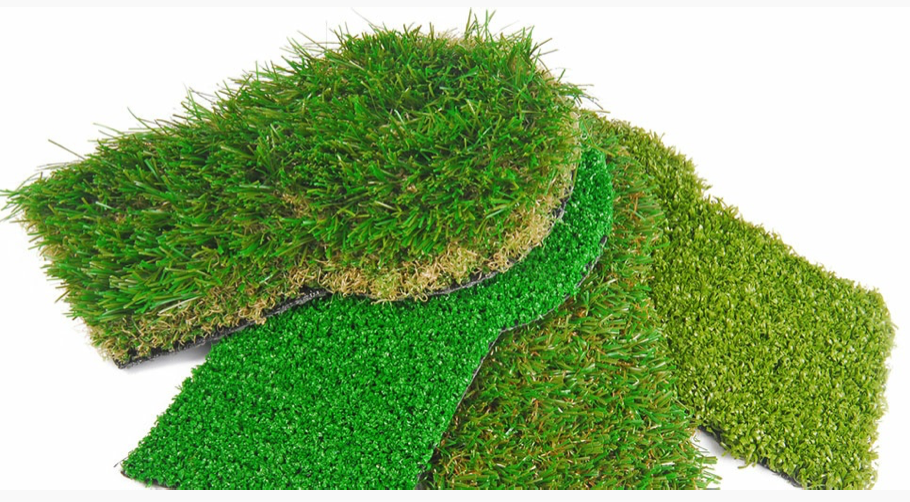 Governor Brown has signed AB 349, an urgency statute which takes effect immediately. AB 349 amends Section 4735 of the Civil Code, and it prevents associations from prohibiting the installation of artificial turf, or “any other synthetic surface that resembles grass.”
Governor Brown has signed AB 349, an urgency statute which takes effect immediately. AB 349 amends Section 4735 of the Civil Code, and it prevents associations from prohibiting the installation of artificial turf, or “any other synthetic surface that resembles grass.”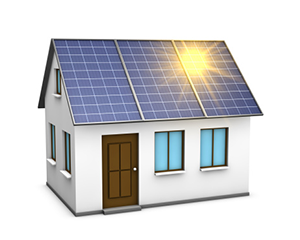 Regular readers of https://www.hoalawblog.com may recall our
Regular readers of https://www.hoalawblog.com may recall our 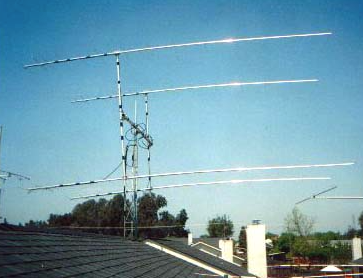 Federal legislators are still trying to pass new law that would allow HAM radio antenas to be installed at homeowners associations despite any restrictions on same in an association’s CC&Rs. We addressed this in a blog post in September of 2014;
Federal legislators are still trying to pass new law that would allow HAM radio antenas to be installed at homeowners associations despite any restrictions on same in an association’s CC&Rs. We addressed this in a blog post in September of 2014; 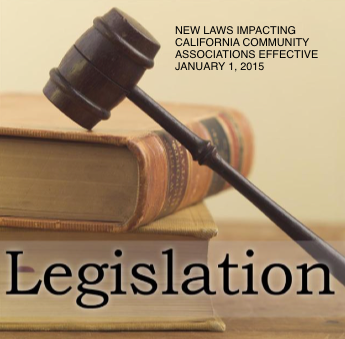 There was not a lot of new legislation in 2014 impacting California Community Associations, and what changes there were seemed to be focused on dealing with the drought. There were also changes to the law relating to solar energy systems, the ability of residents to grow fruits and vegetables in their backyards, to bring their attorney to an IDR meeting, and defining responsibility for the repair and/or replacement of exclusive use common area.
There was not a lot of new legislation in 2014 impacting California Community Associations, and what changes there were seemed to be focused on dealing with the drought. There were also changes to the law relating to solar energy systems, the ability of residents to grow fruits and vegetables in their backyards, to bring their attorney to an IDR meeting, and defining responsibility for the repair and/or replacement of exclusive use common area.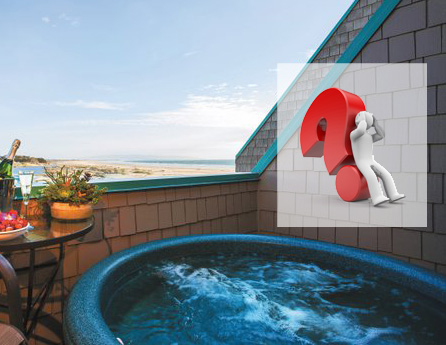 Since the inception of the Davis-Stirling Act in 1985, there has been confusion regarding owner vs. association responsibility for the repair or replacement of exclusive use common area. AB 968, legislation sponsored by the
Since the inception of the Davis-Stirling Act in 1985, there has been confusion regarding owner vs. association responsibility for the repair or replacement of exclusive use common area. AB 968, legislation sponsored by the 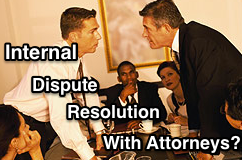 AB 1738 is new law that amends Civil Code Sections 5910 and 5915 and makes two major changes to the requirements of internal dispute resolution (IDR) meetings held between an association’s board and its members. We opposed the adoption of AB 1738 (like just about everyone else who works with California HOAs) and discussed the reasons why in our
AB 1738 is new law that amends Civil Code Sections 5910 and 5915 and makes two major changes to the requirements of internal dispute resolution (IDR) meetings held between an association’s board and its members. We opposed the adoption of AB 1738 (like just about everyone else who works with California HOAs) and discussed the reasons why in our 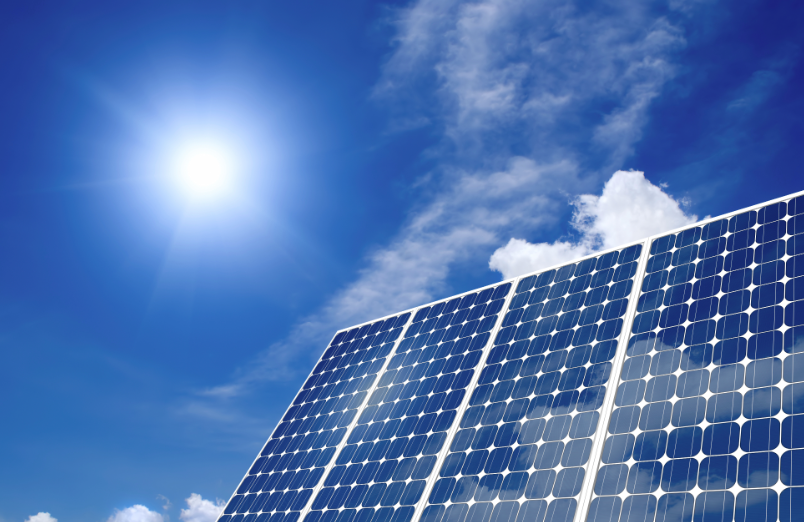 Under Civil Code Section 714, a California community association can restrict its members’ installation and use of solar energy systems so long as the restrictions do not significantly increase the cost of the system or significantly decrease its efficiency or specified performance. “Significantly” used to be defined (through 12/31/14) as increasing the costs of the system by 20% (or $2,000 for photovoltaic systems) or decreasing the efficiency of the system by 20%.
Under Civil Code Section 714, a California community association can restrict its members’ installation and use of solar energy systems so long as the restrictions do not significantly increase the cost of the system or significantly decrease its efficiency or specified performance. “Significantly” used to be defined (through 12/31/14) as increasing the costs of the system by 20% (or $2,000 for photovoltaic systems) or decreasing the efficiency of the system by 20%.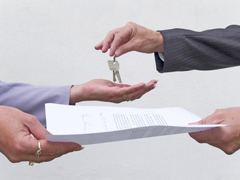 Most associations have provided transfer disclosures/documents to an escrow at some point when an owner is selling his or her unit/home or property in a community association to a prospective purchaser. This task is usually completed by the association’s managing agent. Sections 4528 and 4530 of the Civil Code govern the requirements for complying with an Association’s escrow disclosure requirements. AB 2430, which amends Civil Code Sections 4528 and 4530 and is effective as of January 1, 2015, now provides some helpful points of clarification and one major affirmation of California case law.
Most associations have provided transfer disclosures/documents to an escrow at some point when an owner is selling his or her unit/home or property in a community association to a prospective purchaser. This task is usually completed by the association’s managing agent. Sections 4528 and 4530 of the Civil Code govern the requirements for complying with an Association’s escrow disclosure requirements. AB 2430, which amends Civil Code Sections 4528 and 4530 and is effective as of January 1, 2015, now provides some helpful points of clarification and one major affirmation of California case law.